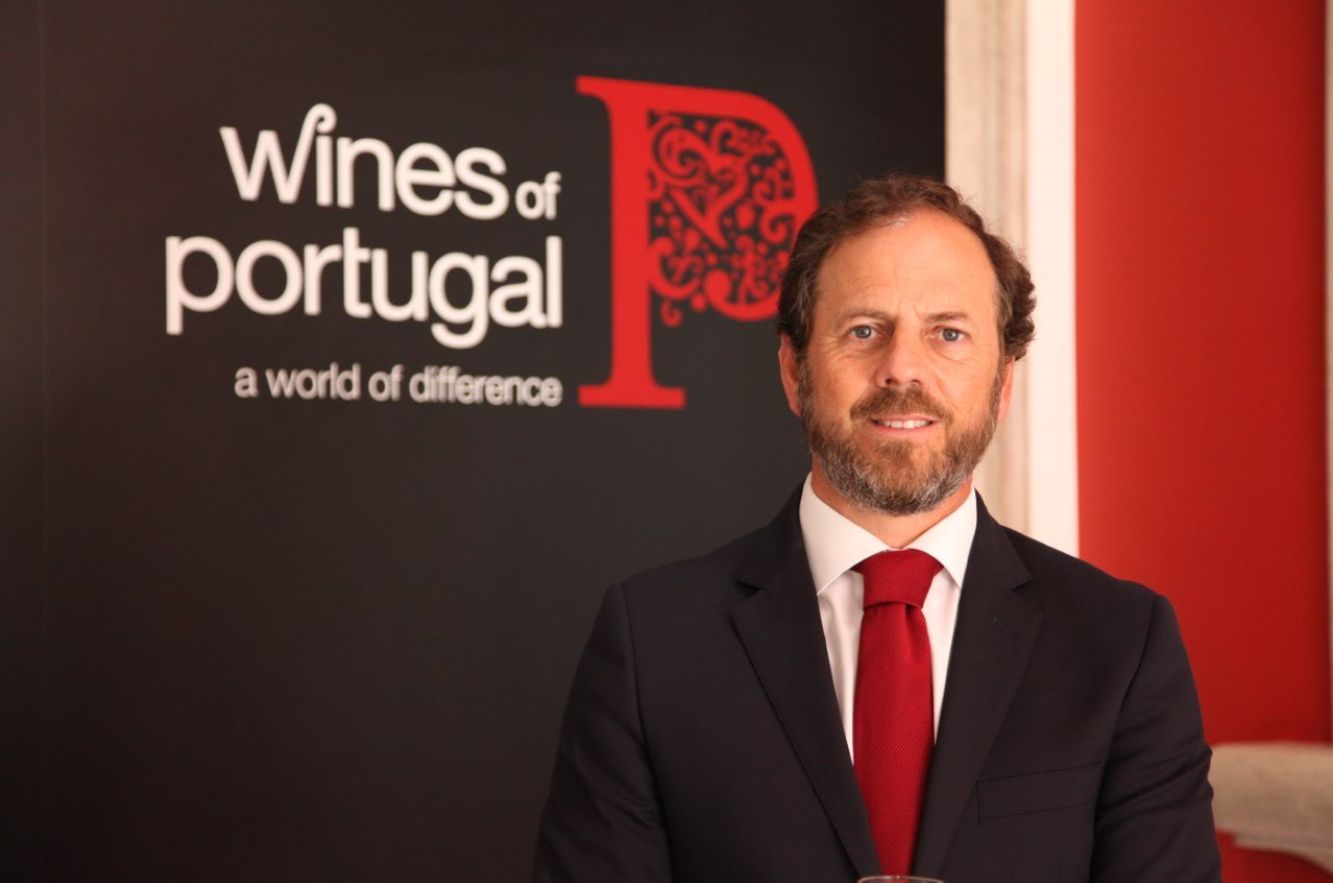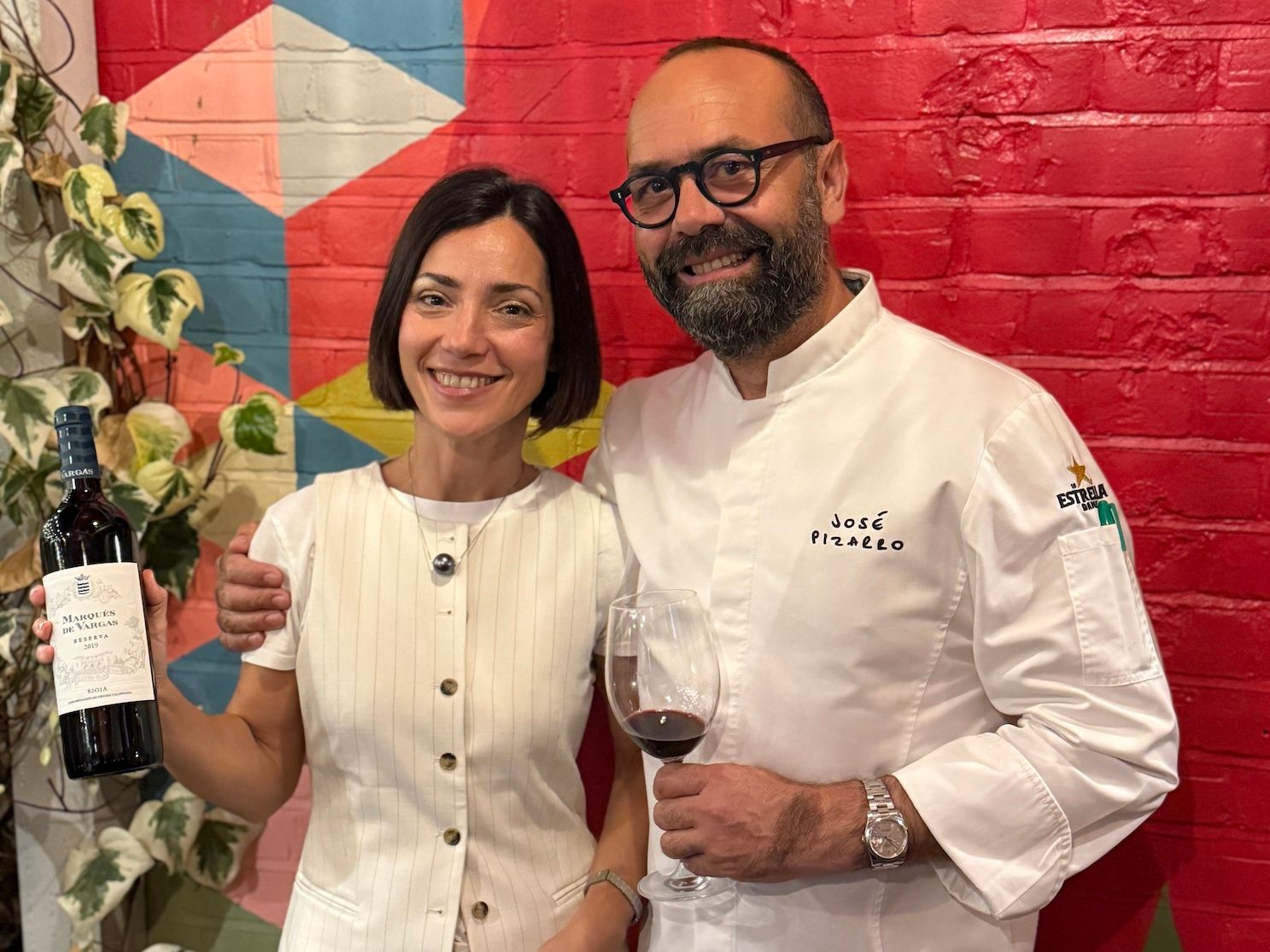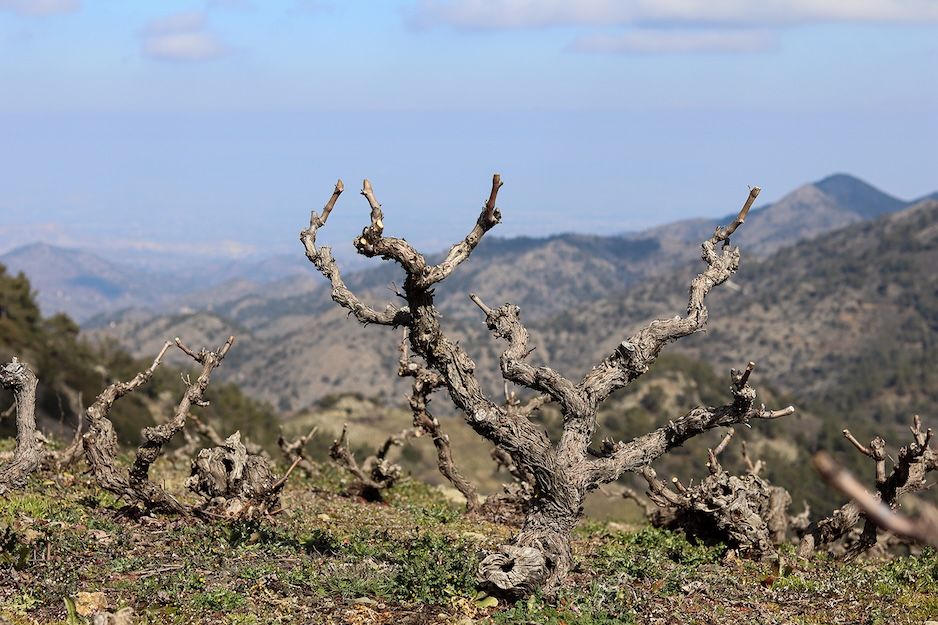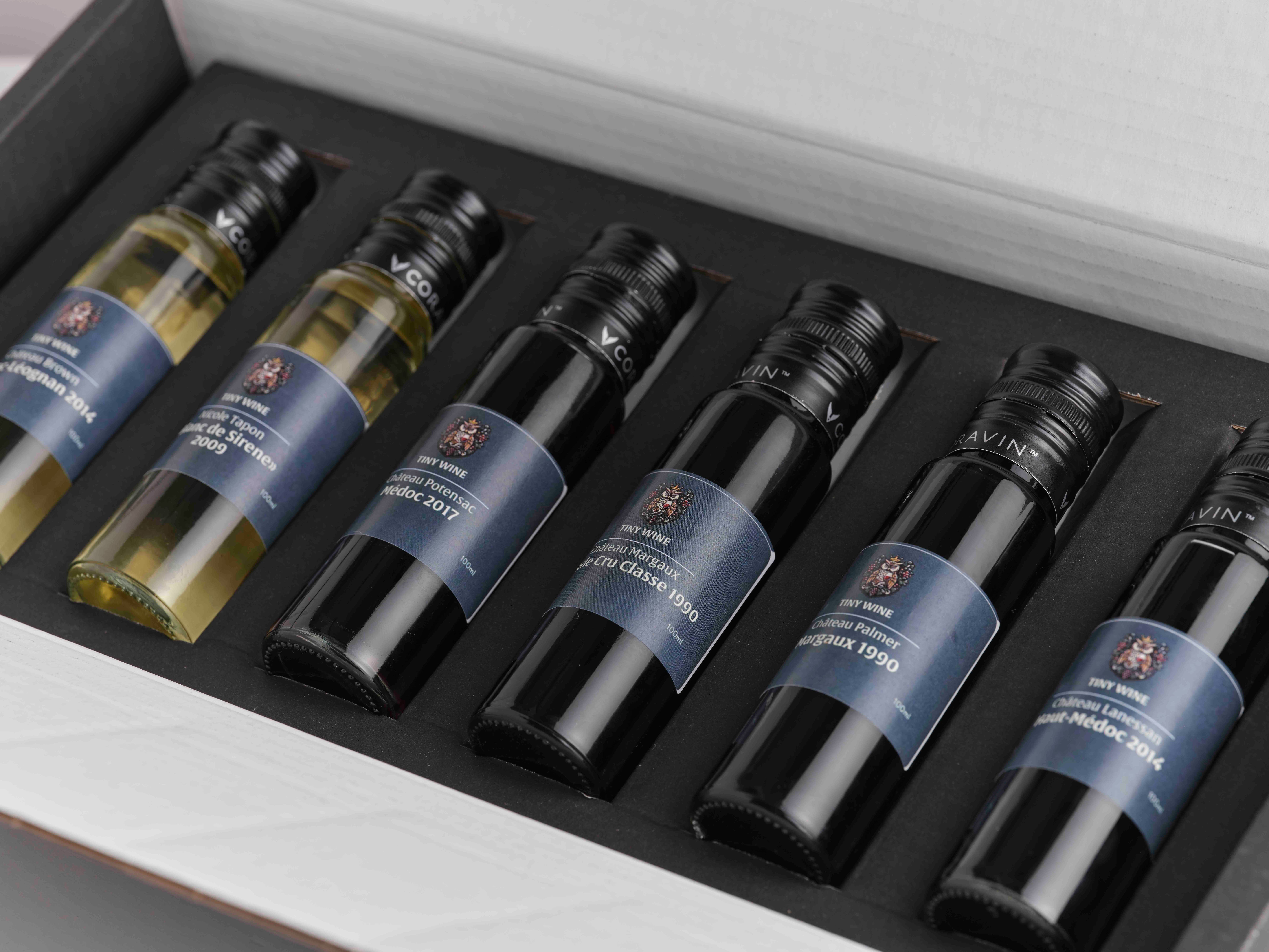Ahead of Wines of Portugal’s annual tasting on March 29 in London, its president, Frederico Falcão, assesses what you can expect to taste and looks back on the last two years of growth for the country as a whole. Click here to register for the tasting.
Can you give us an overall assessment of how Portuguese wine exports have done in the last couple of years?
If we look at what’s been happening in the last 10 years, Portuguese wine exports have been growing consistently at an average of 3.3% a year, in value. In 2020, although there was a decrease in the international wine trade, Portuguese wine exports managed to grow as much as 4.5% in value. We also managed to grow in value and volume, being the only wine producer country in Europe to do so. The forecasts for this year are also very optimistic as we are expecting to grow from 8 to 10% in value. The goal is to achieve the €1 billion of exports target in 2023 and we are very close to reach that symbolic mark.
Any particular highlights in that growth and what do you see as the reason for them?

Portugal has enjoyed a strong two years of sales growth on the back of good harvests which has bucked the overall trends for European wines
There are many reasons to explain the increase in our exports. As we claim it, Portugal is ‘a world of difference’ with its long list of native grape varieties, its many different soils, climatic influences and landscapes, but also its winemaking traditions. And most trade and press people are amazed as Portugal is, in essence, such a small country. This diversity and most importantly the advantages of it are finally getting a shout out amongst consumers who have always something new to explore with Portuguese wines.
We also believe that the role of ViniPortugal as the generic body of “Wines of Portugal” has a key role to play in implementing, year after year, the overall strategy and managing the promotional plans to spread the word about the quality of Portuguese wines.
There have been a lot of problems with harvests around the world, what have the 2020 and 2021 harvests been like in Portugal?
This last harvest 2021/2022 saw in increase of 14% in production compared to 2020/2021, and an overall increase of 15% compared to the average of the last five harvests. Only Azores and Madeira experienced a decrease in harvest.
The quality of grapes is also considered to be very good to excellent, depending on the region. Fortunately, Portugal didn’t suffer from any frost or hail episodes like most of the other European countries. So, we can expect excellent quality (and good quantity) from the wines produced from the last vintage.
What sort of availability of wines do you have?
The reason Portuguese wines are so different is precisely because we produce all types of wines, from all the recognisable categories – red, white, rosé, but also sparkling, late harvest and, of course, fortified wines like Port, Madeira and many others. Because the last harvest allowed us to produce great quality wines, producers will again be able to produce all the wines of their usual portfolio and put them on the worldwide market.
Because we have being producing Port wines for centuries, it’s also important to add that Portuguese winemakers are considered masters of blends, and the production of single varietal wines, even existing, is not the most common practice in the country. Our winemakers usually blend different grapes, but also blend the same grape grown in different soils, or in different sun exposure, resulting in really unique wines, which flavours can’t be replicated anywhere else in the world.
As so many countries have a flagship grape, or two, and it’s the way most restaurant wine lists are organised in the UK, how is Portugal succeeding in talking about its indigenous varieties and its ‘World of Difference’?
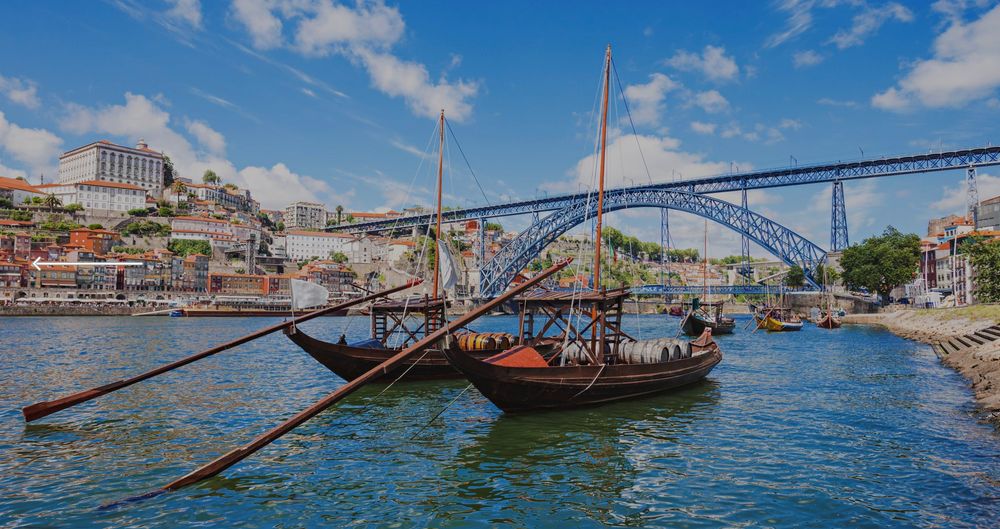
Iconic Portugal: there is so much more to discover for wine trade buyers and wine consumers
We understand there has been a need to simplify the approach for consumers to have a clear idea of what wine they are buying. But it’s also very interesting to see that now, even these regions or countries are trying to add value to their approach by promoting their different parcels, their singular proposition to the wine world and to consumers, precisely to offer diversity, to offer different flavours with the promise of satisfying all types of consumers.
More and more wine drinkers want to be surprised, they want to taste different wines from different producers, even if they are from the same country and region. And Portugal has naturally all of these characteristics. We’re following the regional approach, as, even if there are differences within each region, there’s a profile that can be identifiable, and this makes more sense for Portugal, taking into account our reality of a natural diversity. The art of blending will bring the identity of each producer and wine.
What are the main export markets for Portuguese wine and is that changing and why?
The main markets remain France, the US, UK, Brazil, Germany and Canada, in this specific order. These main export markets are quite stable over the recent years (since 2017), although both Brazil and the US are two markets growing faster than the others for Portuguese wines.
What are you hopes for the overall Portugal wine category over the next five years – what styles and regions do you think have the most potential to grow?
Export more and better wines, increasing the average price per bottle. That’s the number one objective worldwide. We’ve managed to grow more in value than volume in the last few years, and we want to keep on working this trend. Most wine producers are producing wine in a sustainable way (environmentally, socially and economically) and all this has a direct impact on the quality of the wines that are produced, as well as on the cost.
The quality of the wines produced in Portugal, in all regions, is unquestionable, Portugal has wines for all tastes, so the potential to grow is solid.
You are holding your portfolio tasting in London later in March – what can we expect?

St Mary’s Church in Marleybone, London is the home of Vini Portugal’s UK trade and press tasting on March 29
After almost two years without going to the market as a group, Portuguese wine producers are really eager to show what they’ve been working on these last few months. The annual tasting will take place on March 29 at St Mary’s Church in Marylebone and it’s actually the first Wines of Portugal tasting to take place worldwide in 2022. Historically, it always was a very important tasting, reflecting the importance of the UK market for Portuguese wine exports, as the UK remains the third destination for our wines – up 3% from January to November 2021, compared to the same period in 2020.
We’ll have 70 producers, from 10 different wine regions and more than 600 wines at the event. It really is the opportunity to get a sense of what’s new, trendy, what’s been moving the Portuguese winemakers, to taste the new vintages, but to also get to taste some completely new styles of wines. There will also be iconic wines that have made the reputation of Portuguese wines.
Will you mainly be relying on your UK importers to show the wines or have some winemakers coming over?
Portuguese producers and winemakers are eager to come back and be talking face-to-face to potential partners so, many winemakers of these 70 producers are travelling to London for the tasting. Most of them have importers, and when it’s the case, they will be there too. For the few producers looking for distribution, we suspect they’ll be really busy, as we can feel the growing interest of importers for Portuguese wines. Which is, of course, great news.
Any particular themes, or tasting areas that buyers should look out for?
As we did in 2020, there will be a free pour area highlighting three specific topics: low intervention wines; wines looking for a UK importer; and rare grapes.Visitors will be allowed to freely taste these wines and then, if they wish and want to explore more, they can go and meet the producers.
We feel that Portuguese producers are now more capable of promoting their own identity and uniqueness, to talk about what makes them so special and what makes them so interesting for buyers. So, we hope that trade members, but also press will come to meet, taste and experience what the producers have been creating recently.
Any masterclasses taking part?
We’ll have two masterclasses addressing two different topics:

Oz Clarke will be sharing his insights into Portuguese wine and why they offer so much diversity for the on-trade at the UK tasting later this month
- 1am: Dirceu Vianna Junior MW will host the masterclass ‘Putting a face on diversity’, with the ambition to present Portuguese diversity through a journey of eight wines.
- 2.30pm: Oz Clarke will explain ‘Why are Portuguese wines so suitable for the on-trade?’ to specifically point out the huge advantages for sommeliers to have a wine list full of Portuguese options.
- You can register for both masterclass here. Seats are limited.
What other plans do you have for the UK for 2022?
In 2022, we want to give more opportunities to British consumers as well as trade members to be “in front of” Portuguese wine bottles. So, the priority is given to live consumer events (including Three Wine Men, and The Wine Gang), as well as a specific event targeting sommeliers during the “Wines of Portugal Month” that will be June, again this year. Just before summer, we will keep on supporting independent retailers (20 in total this year), to give continuity to the “June is for Indies” campaign, launched and awarded last year. We’ll keep on sending updates and news through our bi-monthly newsletter, so the trade doesn’t forget about us.
* The Wine of Portugal Annual Tasting takes place on March 29, St Mary’s Church, London, Marylebone W1H 1PQ between 10am to 4.30pm. Click here for more details and to register.

